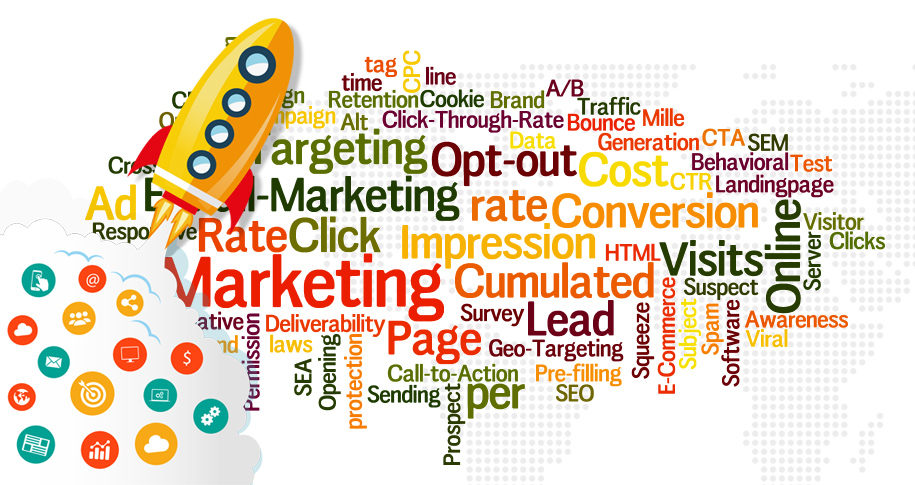What Is Influencer Marketing?
Influencer marketing is a strategy that involves partnering with individuals who have a significant and engaged following on social media to promote a brand, product, or service. These influencers leverage their trust and credibility with their audience to drive awareness, engagement, and conversions for businesses.
Types of Influencers
- Mega-Influencers
- Have over 1 million followers.
- Often celebrities with broad reach.
- Macro-Influencers
- Between 100,000 and 1 million followers.
- Known for expertise in specific niches.
- Micro-Influencers
- Between 1,000 and 100,000 followers.
- Highly engaged audiences in niche markets.
- Nano-Influencers
- Fewer than 1,000 followers.
- Authentic connections with their small, loyal audience.
Benefits of Influencer Marketing
- Increased Credibility
Influencers build trust with their audience, making their endorsements more impactful than traditional ads. - Targeted Reach
Collaborating with niche influencers ensures your message reaches the right audience. - Higher Engagement
Influencer campaigns often yield better engagement rates compared to other marketing channels. - Boosted Conversions
Authentic recommendations from influencers can directly impact purchasing decisions.
Steps to Create an Influencer Marketing Campaign
- Define Your Goals
Decide whether your focus is on brand awareness, engagement, or conversions. - Identify the Right Influencers
Look for influencers who align with your brand values and have an audience that matches your target market. - Craft a Clear Message
Provide influencers with guidelines while allowing them creative freedom to maintain authenticity. - Measure Performance
Track metrics like impressions, clicks, engagement rates, and ROI to assess the campaign’s success.
Challenges in Influencer Marketing
- Finding the Right Fit
Collaborating with influencers who don’t align with your brand can backfire. - Measuring ROI
Determining the direct impact of influencer campaigns on sales can be complex. - Authenticity Concerns
Overly promotional content can erode trust among audiences.
Conclusion
Influencer marketing is a powerful strategy to amplify brand visibility, foster trust, and drive customer engagement. By selecting the right influencers and creating meaningful collaborations, businesses can achieve significant marketing results in today’s digital-first landscape.
